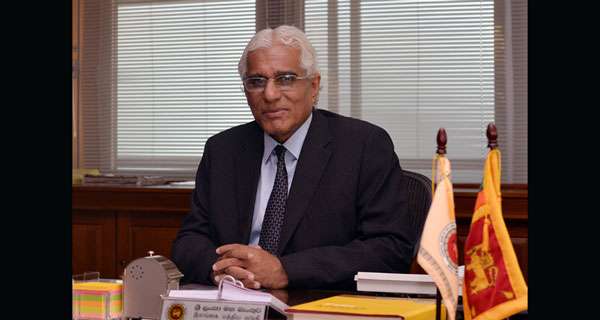Reply To:
Name - Reply Comment

The Employees’ Provident Fund (EPF) has recently begun trading in the secondary government securities market and will soon start trading in stocks in the Colombo Stock Exchange (CSE) as the fund has significantly improved its surveillance and fund management functions.
The EPF was barred from investing in the secondary government bond market in 2016 after some dealers in the fund were alleged to have been engaged in bond trades causing massive losses to the fund in connection to the infamous bond scam during 2015 and 2016.
Meanwhile, the EPF’s stock investment activities too were suspended amid allegations that the fund had put moneys into certain stocks without following proper investment guidelines causing several billions of losses to its members.
“Recently the EPF started operating in the secondary market in the government securities. We are working towards EPF coming back to the stock market fairly soon once all the preparatory work is completed”, the Central Bank Governor Dr. Indrajit Coomaraswamy said yesterday.
The EPF is the largest annuity fund in Sri Lanka with assets exceeding Rs.2.0 trillion by end of 2017, contributed by 2.6 million active accounts.
Speaking at the Central Bank’s 68th anniversary oration, Dr. Coomaraswamy said several surveillance and investment and risk management functions relating to the fund and the EPF Department have been enforced.
“New investment and trading guidelines have been developed; CCTV cameras and voice recording (system) have been put in place. The segregation between front, middle and back-offices has been made more entrenched.”
Meanwhile, investment committee of the fund also meets on a daily basis, the Governor said.
Management of the EPF is one of the agency functions entrusted with the Central Bank apart from the core function of maintaining price stability.
The Central Bank is vested with the function of maximizing returns to the members of the EPF while raising funds for the government at the least cost— two conflicting agency functions— which have long been at debate are to be placed with another independent authority.
However, these debates reach nowhere when it comes to the safety of the fund as there is no better custodian of the fund than the Central Bank.